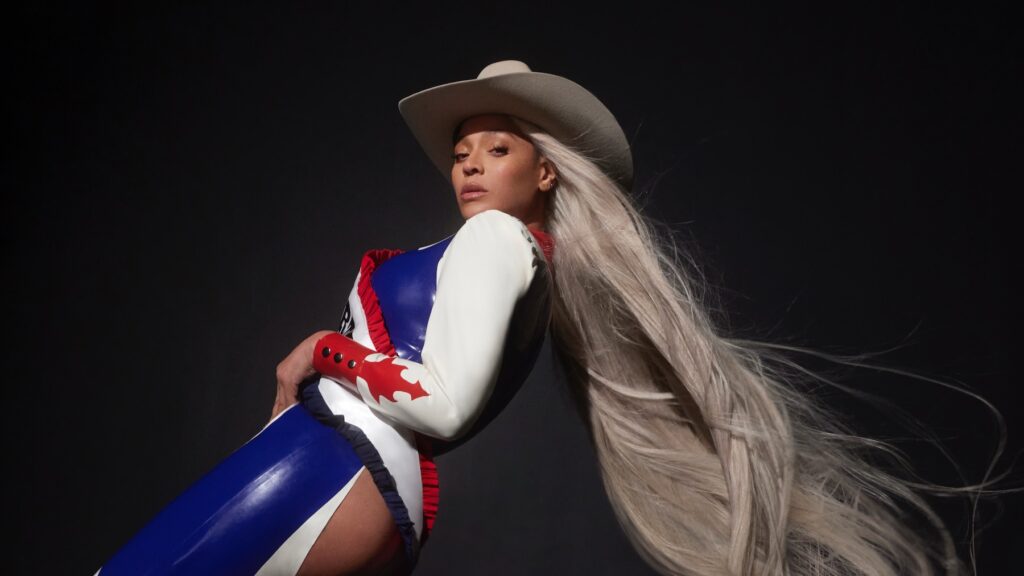“Genres are a funny little concept, aren’t they?” says Black country star Linda Martell on “SPAGHETTII,” a track from Beyoncé’s audacious new album, COWBOY CARTER. “In theory, they have a simple definition that’s easy to understand. But in practice, well, some may feel confined.”
COWBOY CARTER is, in part, an album-length exploration of that tension. More than that, it sets up the new entry in the Renaissance Trilogy as a testament to both the music that made Beyoncé and the Black pioneers that helped shape American music.
Renaissance celebrated house music, ballroom culture, and its Black and queer origins, as Beyoncé sought out joy and liberation on the dance floor. Here, Beyoncé’s Texas upbringing is one reference point. But her critique of country music — and COWBOY CARTER is part critique — is rooted in the way some country fans responded to the Lemonade country cut, “Daddy’s Lessons.”
The pop star confirmed that Renaissance ACT II was “born out of an experience that I had years ago where I did not feel welcomed,” referring to her performance of “Daddy’s Lessons” at the 2016 CMA Awards with fellow Texans The Chicks. According to The Tennessean, the top-voted comment of every CMA Facebook post about the performance expressed disappointment, with one user accusing her of peddling “filth” while “destroying the image of country music.” Coming just one year after the sexist “tomato-gate” controversy, the CMA performance further opened the conversation about who country’s gatekeepers and fans would allow within the genre.
Country has evolved since then — though not as fast as its critics would like — while “Daddy’s Lessons” came to be seen as the first shot fired in the “Black Yeehaw” revolution. One social media trend pushed Black youth to reclaim their identity through a series of photos and videos inspired by Lemonade visuals and Solange’s When I Get Home. Already, COWBOY CARTER feels like the culmination of that journey, and with lead single “Texas Hold Em,” Beyoncé made history as the first Black woman to reach No. 1 on the country charts.
None of this would seem significant if the album flopped, but that’s not the case. COWBOY CARTER emerged out of frustration as a dense, incredibly layered love letter to the South, as well as a picture of a music genre born of clashing cultures. The album’s epic opener, “AMERIICAN REQUIEM,” is a heavenly gospel that explicitly addresses the noise: “Used to say I was ‘too country’/ Then the rejection came, said I wasn’t country enough,” she sings, adding, “If that ain’t country, tell me what it is?”

